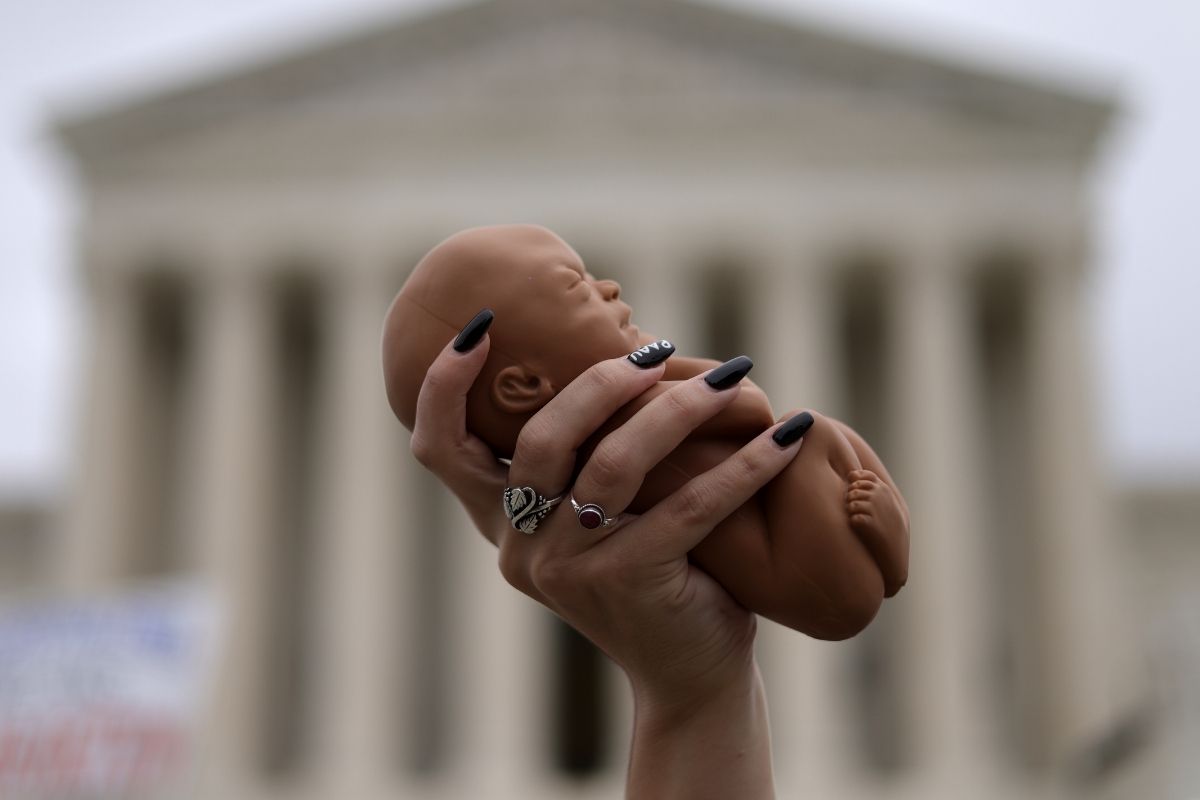The two clinics that still perform abortions in Kentucky (USA) will return to perform abortions this Friday, at least temporarily, after a judge blocked a law with multiple restrictions on the voluntary interruption of pregnancy.
That southern state had become last week the first in the United States to completely stop practicing abortions in its clinics, which declared themselves unable to meet the complicated requirements included in a new law approved in the territory.
However, federal judge Rebecca Grady Jennings agreed this Thursday to block the law while litigation over its content continues, as requested by the two health centers that perform abortions in the state.”
“This is a victory, but it is just the first step. We intend to fight in court for the right to basic health care,” Rebecca Gibron, regional director of Planned Parenthood, the organization that runs one of the two clinics, said in a statement.
After After the law went into effect a week ago, both health centers had to cancel their appointments and refer their patients to clinics in Indiana or other states where there was access to legal abortion.
The Kentucky’s new law is based on another promoted in Mississippi that would prohibit abortion after 15 weeks of gestation and that, although it has not yet entered into force, it does has attracted the attention of the Supreme Court of the United States, which will decide on it this year.
Kentucky law also prohibited abortion from 15 weeks of gestation, a reduction compared to the 24 weeks contemplated by the Supreme Court decision that legalized abortion in the United States in 1973, known as “Roe versus Wade”.
In addition to not containing exceptions for cases of incest or rape, the law -known as HB 3- imposed new requirements that the clinics could not meet in the short term due to lack of resources.
Among those demands was that of requiring many patients who abort to fill out “birth-death certificates”, and that doctors that assist them inform the status of each intervention, including the abortion method, reported the specialized media The 19th.
Those details that doctors have to provide included biographical details of the person who aborted and their partner including their race, ethnicity, age, place of residence and health data.
The new law also prohibited the use of telematic appointments to prescribe medication that allows abortion and gave more power to the state to audit the clinics, in addition to creating a web page that publishes the n names of all the doctors who perform abortions in the state.
Conservative leaders in Oklahoma and Florida this week also approved restrictions on abortion in those states, following in the wake of Texas, which in September imposed a veto from six weeks of gestation.
